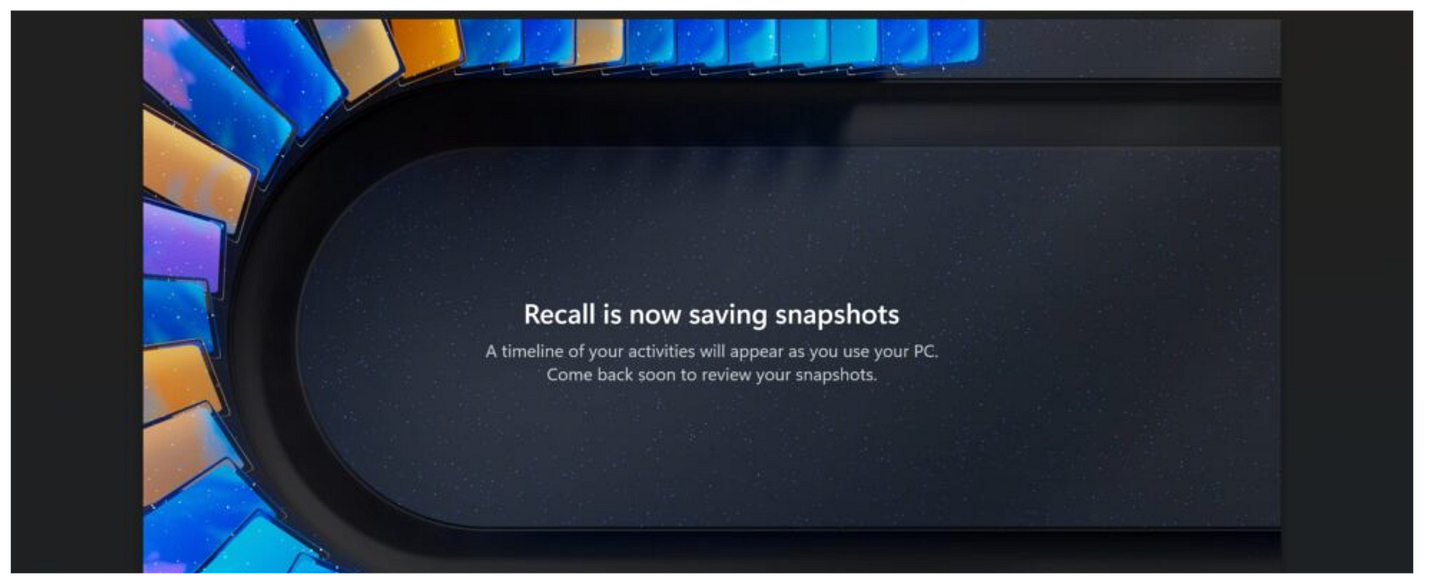Good morning. It’s Tuesday, April 22. Today we are covering:
Justice Dept. asks judge to 'thaw' Google's search monopoly by forcing Chrome sale
How Web3 And Blockchain Technology Transform E-Learning
How Big Tech hides its outsourced African workforce
The new Manhattan project: Will tech titans reignite America's nuclear industry?
In depth with Windows 11 Recall-and what Microsoft has (and hasn't) fixed
Let’s dive in
Justice Dept. asks judge to 'thaw' Google's search monopoly by forcing Chrome sale
By Julian Mark via Washington Post
The Justice Department is urging a federal judge to force Google to divest its Chrome browser and stop paying companies like Apple and Samsung to make Google the default search engine, aiming to dismantle what it calls a search monopoly.
The government proposes additional remedies, including mandatory data sharing with rivals and potentially divesting Android if the market doesn’t shift within five years; Google argues these measures are extreme and unwarranted.
The trial’s outcome, expected by late summer, could reshape the internet search landscape, altering how users access the web and echoing historic antitrust cases like those against AT&T and Microsoft.
𝕏: Perplexity has been asked to testify in the Google DOJ case. Our core points: 1. Google should not be broken up. Chrome should remain within and continue to be run by Google. Google deserves a lot of credit for open-sourcing Chromium, which powers Microsoft's Edge and will also power Perplexity's Comet. Chrome has become the dominant browser due to incredible execution quality at the scale of billions of users… - Aravind Srinivas (@AravSrinivas)
How Web3 And Blockchain Technology Transform E-Learning
By Jake Lee via Forbes
Blockchain enables permanent, verifiable onchain credentials and learner profiles, allowing students to showcase achievements that are tamper-proof and easily accessible to employers.
Through NFT-based access, students can gain resellable ownership of educational content, turning course enrollment into an asset and potentially lowering costs over time.
Platforms can issue tokenized rewards, motivating learners with crypto incentives that are redeemable for further education or real-world value, fostering deeper engagement.
The best way to reach new readers is through word of mouth. If you click THIS LINK in your inbox, it’ll create an easy-to-send pre-written email you can just fire off to some friends.
How Big Tech hides its outsourced African workforce
By Stephanie Wangari via Rest of World
Big Tech firms rely on secretive subcontractors to outsource digital labor like AI data annotation, content moderation, and customer service to African workers, distancing themselves legally and ethically through NDAs and intermediaries.
A new dataset by ACMU and Personaldata.io maps how data flows from 39 African nations to firms serving companies like Meta, OpenAI, and Samsung, highlighting exploitation in countries with weaker labor protections.
Workers attempting to access their personal data from firms like Sama and Teleperformance received incomplete or inaccessible records, underscoring how outsourcing shields tech giants from accountability for labor abuses.
The new Manhattan project: Will tech titans reignite America's nuclear industry?
By Simantik Dowerah via Firstpost
General Matter, a startup backed by Peter Thiel’s Founders Fund, aims to become the first private U.S. producer of Haleu, a crucial nuclear fuel for next-gen reactors, amid a broader VC shift from digital tech to industrial infrastructure.
The company’s rise aligns with a pro-nuclear policy push under Trump, blending Silicon Valley entrepreneurship with national security agendas to reduce U.S. dependence on Russian uranium and reestablish industrial sovereignty.
Despite political backing and patriotic branding, regulatory delays, technical hurdles, and trade tensions pose significant challenges to reviving America’s nuclear energy industry through private enterprise.
In depth with Windows 11 Recall-and what Microsoft has (and hasn't) fixed
By Andrew Cunningham via Ars Technica
Microsoft’s Recall feature is returning to Windows 11 Copilot+ PCs with significant privacy upgrades: it’s now opt-in by default, can be fully uninstalled, and includes encryption at rest, Windows Hello reauthentication, and automated filtering of sensitive data.
Despite improvements, Recall’s OCR snapshotting still misses context—only active windows are captured, edge cases bypass filtering, and there’s no clear way for users to know what’s being excluded, raising privacy and transparency concerns.
Trust remains a major hurdle: although Recall’s technical flaws have been addressed, its surveillance-like behavior and Microsoft’s past missteps with rollout and product ads continue to erode user confidence.
We're thrilled to bring you ad-free news. To keep it that way, we need your support. Your pledge helps us stay independent and deliver high-quality insights while exploring new ideas. What would you love to see next? Share your thoughts and help shape the future of Newslit Daily. Thank you for being part of this journey!
Trending in AI
Manychat taps $140M to boost its business messaging platform with AI
Jeff Bezos’ Washington Post Inks OpenAI Licensing Deal for ChatGPT Search
Draft executive order outlines plan to integrate AI into K-12 schools
Thanks for reading to the bottom and soaking in our Newslit Daily fueled with highlights for your morning.
I hope you found it interesting and, needless to say, if you have any questions or feedback let me know by hitting reply.
Take care and see you tomorrow!
How was today’s email?



















Share this post